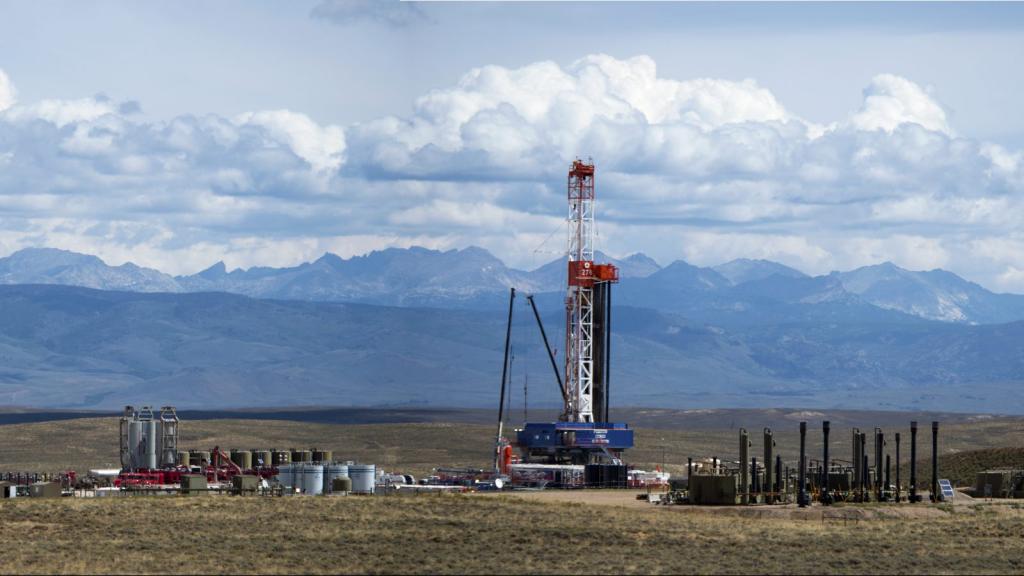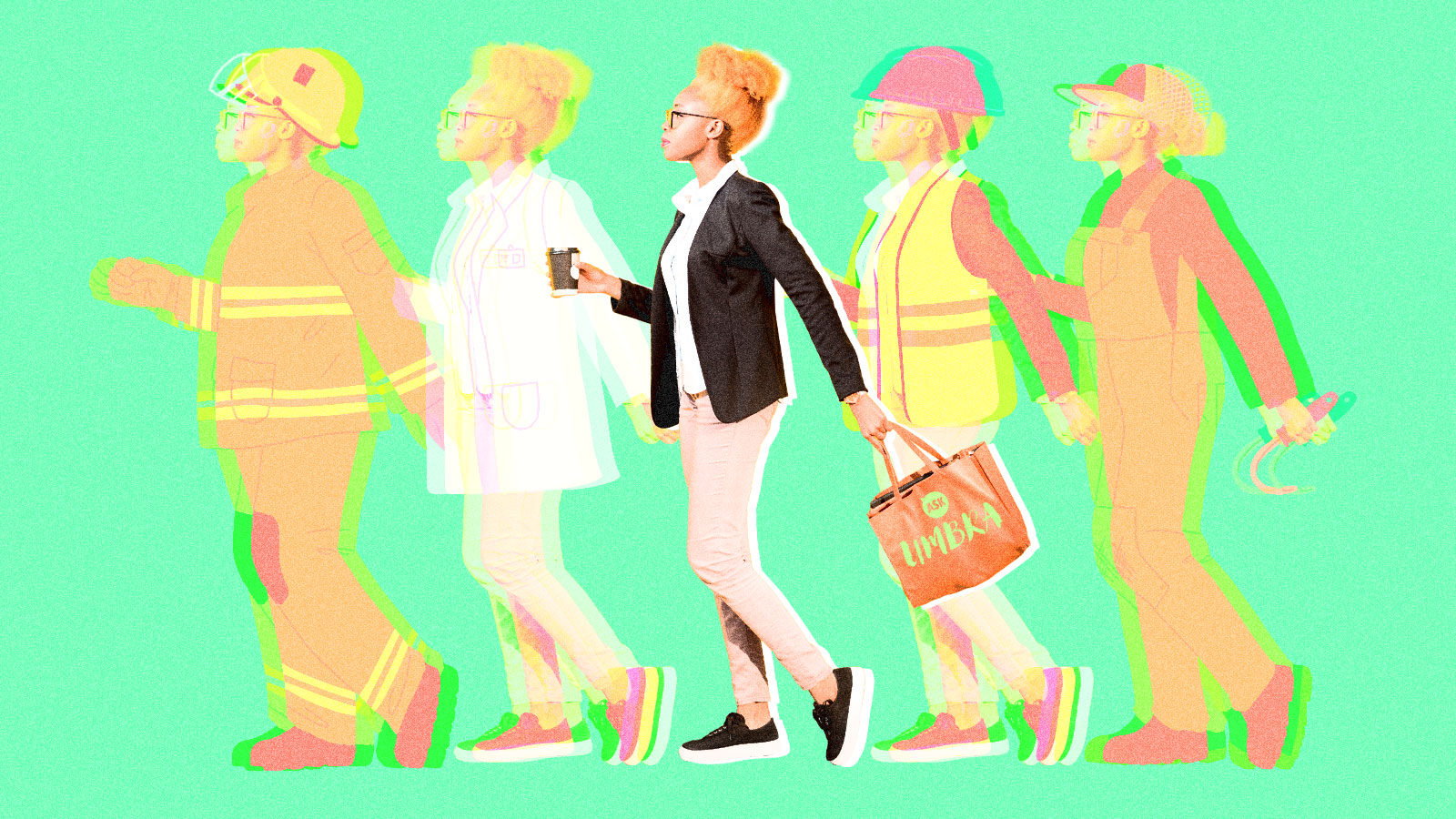Q. Dear Umbra:
I want to change careers to do something to help fight climate change-related woes. Is it worth the time to get another degree?
Sincerely,
Restless And Disillusioned
A. Dear RAD,
This is super heartening to hear, because the climate movement needs everyone it can get. But the truth is that your question is a little complicated to answer. The definition of “climate change-fighting career” is incredibly broad, because the impacts and consequences of climate change are incredibly broad. A career that fights climate change isn’t necessarily scientific or environmental in nature, because the underlying causes and pressing consequences of global warming are social, economic, human, whatever you want to call it.
To paraphrase Naomi Klein, everything has to change. So where does that leave people like you who want to do good, career-wise, by the planet? Between you and me, I kind of cringe when people say “we have to completely reimagine everything” when it comes to designing a climate future, because that makes it really daunting to come up with any sort of solution. But if we’re trying to take a “glass half full” view of the massiveness of our needed climate overhaul, there are so many careers that can do something about climate change!
To get some sense of the varied work that needs to be done to put the country on track to climate survival, we can just glance at Washington Governor and 2020 presidential “climate candidate” Jay Inslee’s ambitious set of proposed policies. Affordable housing developer? Climate career. Public school facilities manager? Climate career. City bus driver? Climate career. When I posed your question to Grist readers the world over, one woman responded that she had quit her job at 50 to become a climate photographer, documenting the process of building alternative energy infrastructure like solar fields and wind turbines.
It’s not just environmental lawyers defending kids’ rights to breathe clean air and climate scientists fueling green building projects — though, case in point, even the careers we think of as classical “climate jobs” clearly include a pretty wide variety of gigs. Still, maybe you yearn to be a climatologist or a forest ranger or a sustainable agriculture specialist, any of which would probably require additional training or a specialized degree.
I have no idea what your situation is, RAD, but if tuition and school living expenses aren’t a huge concern, then you certainly have an advantage to explore a wide variety of green opportunities! I’ll also caution that I know plenty of well-meaning, want-to-save-the-world people who went to get graduate degrees with the very best intentions, and found that when they left school the only jobs they could get were, ah, less morally noble than they’d hoped.
If, on the other hand, the cost and time associated with an additional degree are daunting or impassable, don’t despair. The all-encompassing definition of “dealing with climate change” means there is surely something that you already do or are able to do that can help.
I’ll give you an example: I spoke with Brittany Bennett, a 25-year-old in Colorado who does fundraising for an organization that mobilizes young voters. (Engaging young voters, in my opinion, is maybe the most crucial climate-saving action you can take!) She graduated college with an engineering degree and went to work for a civil engineering firm in Denver, where she found herself working on projects, like widening highways, that ran very much counter to her sense of urgency around climate change. Because, in her spare time, she’d also worked on fundraising with different extracurricular organizations, she was able to transition out of that job (albeit at a significant pay cut) into something more aligned with her ideals.
“The way I was able to get my career in climate change and progressive politics was by volunteering my time and garnering responsibility from the ground up with these grassroots movements,” she says. “I believe so strongly that grad school isn’t worth it for those who just want to engineer change!”
That’s certainly akin to how I ended up as climate advice writer, which some might consider a climate change-fighting career but I still consider a little removed from making any tangible difference. Years ago, I wrote for a sustainable food blog in addition to my day job as a paralegal, because I’d just always liked writing and I knew I was good at it and wanted an outlet for it. (Also, I wasn’t very good at being a paralegal. I hated organizing things!) I was supremely lucky that somehow led to a writing job that would support me full-time.
There are many ways to save the planet that have nothing to do with our jobs. And yet, because we ascribe so much importance to what we do for a living (about half of Americans see their profession as part of their identity, and this is especially true of Americans with advanced degrees), it can feel like that’s the true way to showcase our climate commitment. I think that most people want their day job to have some positive impact on society, because shit, we spend so much time at our day jobs — shouldn’t it go to some greater good than just paying the bills? And that’s a very reasonable wish, particularly when you see so much bad everywhere. When it comes down to it, though, I believe the ideal career for many is one that is fulfilling and pays a comfortable wage, and the intersection of that particular Venn diagram is narrow enough as it is.
Again, I don’t know your financial situation or obligations, but it would be irresponsible of me not to gently remind you that the American job market doesn’t tend to place a lot of monetary value on “doing good,” and people have to feed their families and pay their rent. One tenet of the Green New Deal is that green jobs will be available for anyone who wants one — so perhaps this won’t be the case forever.
For now, my advice to you, RAD, is to do some personal accounting. What are some jobs you could imagine yourself doing that would create a more climate-friendly world, and to which of them can you imagine a fairly straightforward path? Who are the people you know who are in those types of jobs, and how could they help you? What are some of the skills you have that you think are necessary to build the better world you envision, and what are some ways you could develop them both in and out of your current job? What’s your financial freedom to potentially take on a lower salary or the costs of advanced training? What are some volunteer opportunities that you could pursue to alleviate some of your climate restlessness?
It’s a little crazy there’s not more value placed on work that protects society against climate change. Until we get there, I encourage you to work toward your goal of a climate-oriented career, but to also be a little easy on yourself: Your job doesn’t have to define you, or what you mean to the future.
Optimistically,
Umbra



